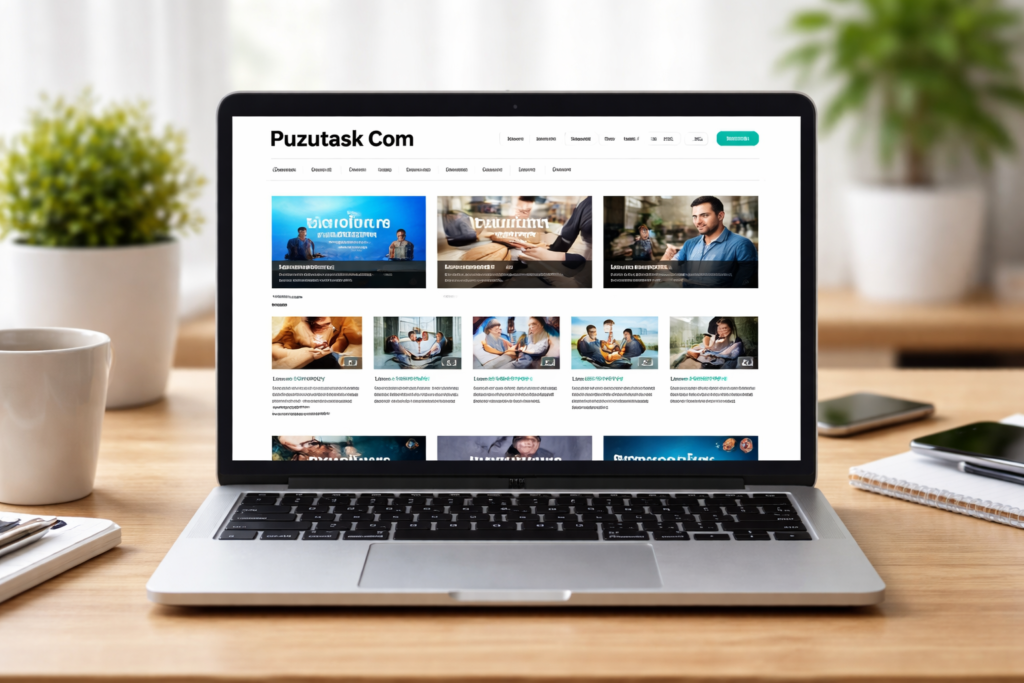Developing an iOS App – Should App Development Companies Consider It?

App development companies have a lot of questions to answer for clients when it comes to app development. They do so in a positive way to help clients take the right step and choose the right operating system. How much does making an app cost is another question they also help answer.
The objective of this post will be answering the questions when it comes to iOS app development.
A bit about iOS – a refresher of sorts
To be honest, everyone has heard about iOS and they know what iOS is. Thanks to content provided by Apple and its fans, plus channels associated with it; iOS is known as the Internetwork operating system. A mobile operating system, it is developed, patented and trademarked for Apple’s mobile devices especially the iPhone and iPad, and compatible with them only.
Where did iOS emerge from? The earliest known form of it was found in the Macintosh operating systems known as the MAC OSX. The late Steve Jobs introduced iOS in January 2007 as the Mac OS’s mobile version on the iPhone and the term iOS was coined in 2012. Ever since then, it has become the official operating system of Apple mobile devices.
Today the world is familiar with iOS and they have learned about it thanks to Apple’s efforts. However, it has to match up with Android in terms of quantity and iOS’s exclusive nature is pegging iOS itself behind, it still has a position in the market.
What are the advantages of Apple’s iOS?
Apple’s iOS operating system is blessed with numerous advantages which are due to the fact the company has been using advanced tools and technologies in creating a unique and robust operating system.
A lot of users and companies have a good preference for iOS and Apple devices. Here are some benefits iOS has for both users and companies alike:
- iOS apps are easier to adapt to the hardware.
- Newer functions can also be provided quickly due to minimal variety in Apple’s devices.
- Most iOS users have their payment data saved in Apple’s App Store, especially credit and debit card payments. It has a low inhibition threshold for user purchases.
- It has a small base for app installation and yet it generates almost two times the revenue Google’s Play Store has.
- Both Apple’s App Store and Apps are relatively more secure than Android apps.
- Hardware and software come from the same source which provides a good sync and harmonization process.
- Apple’s apps are easy to use thanks to uniform guidelines.
- The tech giant provides long-term support for software updates for most of its devices.
That’s not all, the security offered by iOS apps is a hallmark of Apple’s promise in delivering maximum privacy to customers. This is why iOS apps are more secure than Android apps.
What more to understand about iOS app development?
When companies look to develop an app and choose the needed operating system, they often face a dilemma between iOS and Android. At times they look to support both operating systems. However, choosing iOS is also a good option and here is how it works.
When companies contact their desired mobile app development dubai to develop an app after choosing the required operating system, and the required programming language too because iOS apps are no longer built on Objective-C as they rather use Swift. The company and its team give their client detailed instructions and advice, help them understand the company and answer questions.
In the meeting, the company’s app developers create an app’s design, a rough view of what it will look like so the app’s first impression is understood. On the basis of the understandable design, a binding offer is not only made but also signed by both parties.
Then the process of coding iOS apps is not any different from that of other platforms. What the app development company needs to consider is using specialist iOS developers in leading the way for making the best iOS apps.
When these apps are being developed, the operating system is selected on the company’s technical and marketing tactics instead of costs. If they want to cater to iOS users then iOS is the best operating system and clients are accordingly advised.
Android has a higher market coverage than iOS and the operating system is obviously Android. However, some mobile phone companies like Oppo, Xiaomi and some few other Chinese brands have made modifications to the Android OS which somehow make the operating system really sluggish.
Native apps are brilliant as they work fast and have stronger components. In fact, making adjustments to their UI (User Interface) and User Experience (UX) are easier and in terms of iOS, the amendments are made in a minimal amount of time.
Conclusion
Regardless of whether the app is a native or hybrid one, the operating system does not matter except for the former’s case. Backend development of both Android and iOS however is quite different. Also, Such is not dependent on the decision of which operating system to choose as frameworks play a key role in deciding for Android or iOS apps.

Curtain Dry Cleaning and Leather Sofa Cleaning – Reliable Care by Duo Nini

Brian Ferdinand of EverForward Trading Joins Forbes Finance Council, Expanding His Voice on Markets and Risk

Get Any Company Objectives or News of rox.com

How Technology Is Changing Addiction Recovery in the Digital Age.

Our First Winter Trip to Aspen — And the Decision That Made It Stress-Free

How Technology Is Changing Addiction Recovery in the Digital Age.

Puzutask Com: Complete Guide, Reviews, and Login Information

Solve SMD Diodes Sourcing with Utsource's Bulk Options








